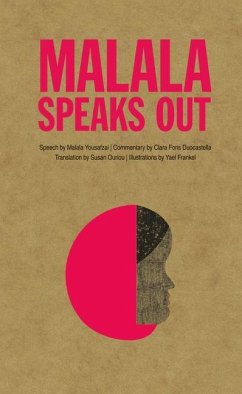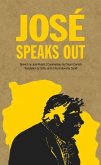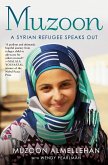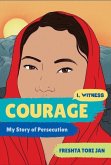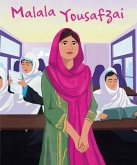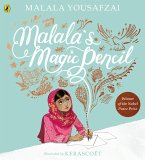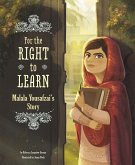"Malala Yousafzai was denied education when the Taliban took control of her town in Pakistan. She decided to speak up, despite the danger it put her in. Her story is the story of many girls. When Malala was fifteen years old, she was attacked by the Taliban for defending girls' rights to education. She survived and recovered to become a world leader in education rights. In 2014, at the age of seventeen, she was the youngest person to be awarded the Nobel Peace Prize. This is her acceptance speech, in which Malala tells her story--the story of 66 million girls around the world deprived of education. Malala entreats her fellow children to decide to be the last generation "that sees empty classrooms, lost childhoods and wasted potentials." Her speech is strikingly illustrated, and followed by an analysis written by Clara Fons Duocastella that provides context about Malala's early life in Swat Valley, Pakistan, and examines what makes her call to action so powerful. The Speak Out series publishes the most inspiring speeches of our times, then deconstructs them to give young readers a deeper understanding of global issues and the power of language to influence them."--
Bitte wählen Sie Ihr Anliegen aus.
Rechnungen
Retourenschein anfordern
Bestellstatus
Storno

